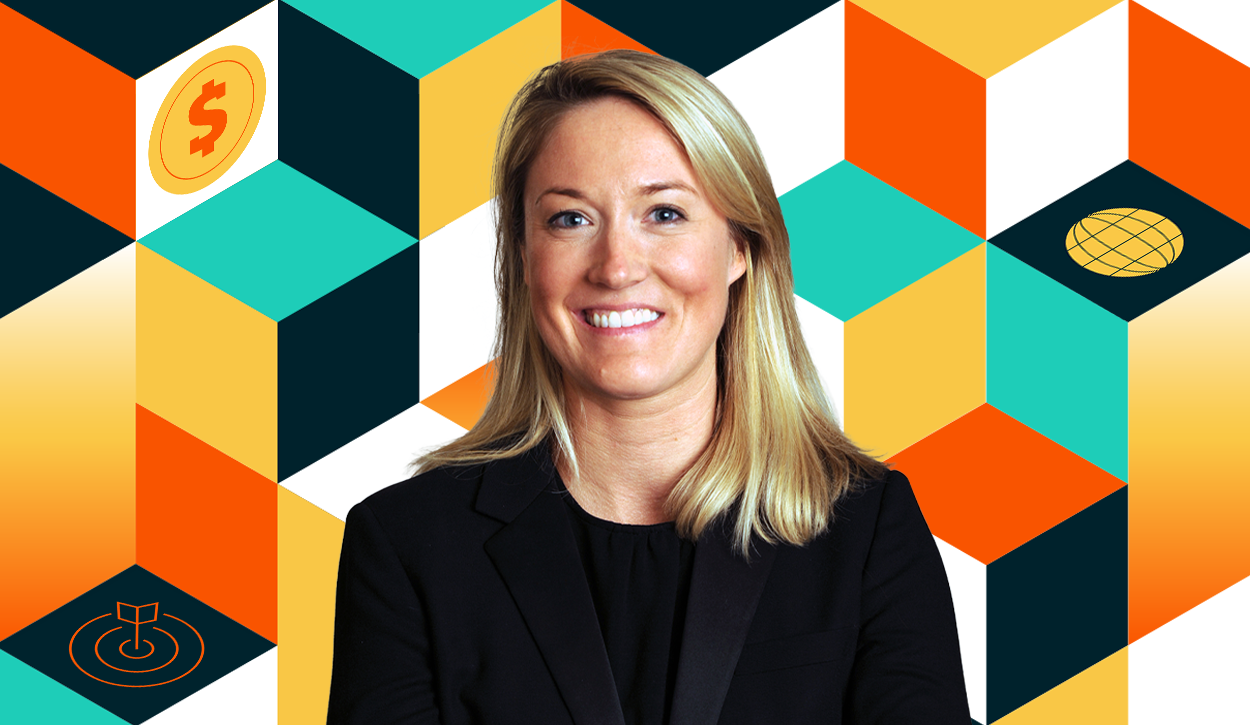
"Hordes of zombies and fallen angels point to horror recovery"
The global economy recovery is likely to be slow and painful because far too many companies entered the pandemic gorged on debt that they could not afford in the first place, according to Professor of Finance Karl Schmedders.
The COVID-19 crisis has shut down economies and driven up unemployment around the world, with central banks and governments stepping in to support cash-strapped companies and households.
But Schmedders said a raft of underlying corporate problems that had taken root prior to the pandemic would still trigger a large spike in bankruptcies and dampen any recovery.
“Before the crisis, corporate debt was at record levels and the number of zombie companies was at record levels,” Schmedders says, citing figures showing total U.S. corporate debt hitting a high of $10 trillion in 2019.
“Interest rates were low so that companies were able to refinance themselves. But this was not used for R&D or investment in the future, it was used to a large degree for share buybacks to crank up share prices or to refinance debt.”
The zombie invasion
Data from Euler Hermes estimate that, before the crisis, there were already 13,000 “zombie” companies in Europe. Morgan Stanley has estimated that one in six U.S. companies were zombies – businesses that cannot afford to pay the interest on their debt.
“Companies are not earning enough money to pay their interest, so they run Ponzi schemes – taking on ever larger loans to pay back their old loans and survive,” Schmedders says, in a reference to the 1920s investment fraud scheme that used funds from new investors to pay old investors.
At the same time, the quality of debt being taken out is low, carries more risk and higher borrowing costs. There has been a sharp rise in the number of “fallen angels” – companies that have suffered credit rating downgrades to junk status and cannot access money as cheaply as before.
War chests and cheap money
From one perspective, the pandemic has offered a temporary lifeline for many overstretched companies because of the extreme levels of central bank and government support.
“Central banks are now massively buying bonds and lowering interest rates,” he says, warning that this was probably exacerbating the underlying problem of corporate addiction to unsustainable levels of debt.
Alongside record U.S. junk bond issuance in April, cash-rich companies with good credit ratings are also taking advantage of low borrowing costs.
“Money is really cheap so they are loading up their war chests,” he says. “These companies who have cash will be able to invest in R&D and grow – we will see a complete divergence.”
What to watch for
Winner takes all
Companies that entered the crisis in good shape can access incredibly cheap money to invest in R&D or mergers and acquisitions. This could trigger a winner-takes-all scenario.
Exit strategy
Without derailing the recovery, central banks have to find a credible exit strategy from the extraordinary support they have offered to companies through the crisis.
Slow recovery
The debt overhang from record levels of borrowing by firms under distress will limit investment, even in very profitable projects, leading to a weak recovery in many countries.
Waiting for the real economy
A sustainable recovery must be driven by the real economy, not cheap money on financial markets. However, many consumers are saving money due to the uncertain outlook.
Research Information & Knowledge Hub for additional information on IMD publications

More than simply a compliance exercise, sustainability reporting regulations offer a chance to develop and strengthen your business, says IMD’s Salvatore Cantale

More than simply a compliance exercise, sustainability reporting regulations offer a chance to develop and strengthen your business, says IMD’s Salvatore Cantale

Switzerland’s digital payment app TWINT has over five million users and is a household name, but the journey to profitability was unusually arduous. Executive Chairman Søren Mose shares the secrets of his success in this second IMD Nordic Executiv...

Digital tech, established businesses, and governments can combine to help bridge formal and informal supply chains.
Ten years from now, we’ll know which companies best navigated geopolitics. And the hunt will be on for enduring lessons. Which firms made the smartest adjustments to their global commercial footprint by exiting certain markets, doubling down on ot...

Founded in 1994, Portfolio Advisors is an experienced private markets manager with dedicated primary, secondary, co-investment, real estate and direct credit teams. In 2023, Portfolio Advisors combined with FS Investments, a pioneer in the democra...
Brookfield’s Catalytic Transition Fund is a case study in how the financial industry can spearhead sustainable development. Brookfield Asset Management announced an initial closing of $2.4 billion for the Catalytic Transition Fund, marking a signi...

Explore top books, websites, and podcasts recommended by IMD expert Jim Pulcrano for anyone venturing into or exploring venture capital, from entrepreneurs to investors.
LPX AG, founded in 2004 by Michel Degosciu and Robin Jakob, is a leader in listed alternatives, focusing on listed private equity (LPE) and listed infrastructure. With its pioneering LPX Listed Private Equity Index series and NMX Infrastructure In...

As CIO at VenCap, David Clark leads the Investment Team, developing the firms’ investment strategy, fund identification, selection and monitoring. Founded in 1987, Vencap is one of the longest-established investment management and advisory firms a...
Research Information & Knowledge Hub for additional information on IMD publications
Research Information & Knowledge Hub for additional information on IMD publications
Research Information & Knowledge Hub for additional information on IMD publications
in I by IMD 5 February 2025
Research Information & Knowledge Hub for additional information on IMD publications
Research Information & Knowledge Hub for additional information on IMD publications
Research Information & Knowledge Hub for additional information on IMD publications
Research Information & Knowledge Hub for additional information on IMD publications
Research Information & Knowledge Hub for additional information on IMD publications
Research Information & Knowledge Hub for additional information on IMD publications
Research Information & Knowledge Hub for additional information on IMD publications

